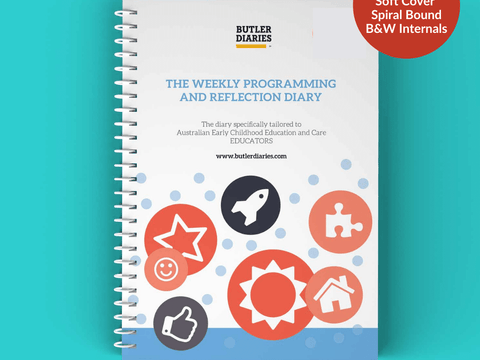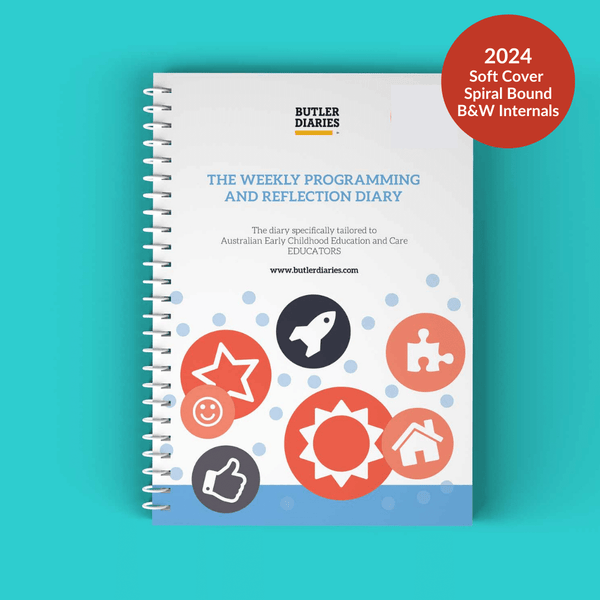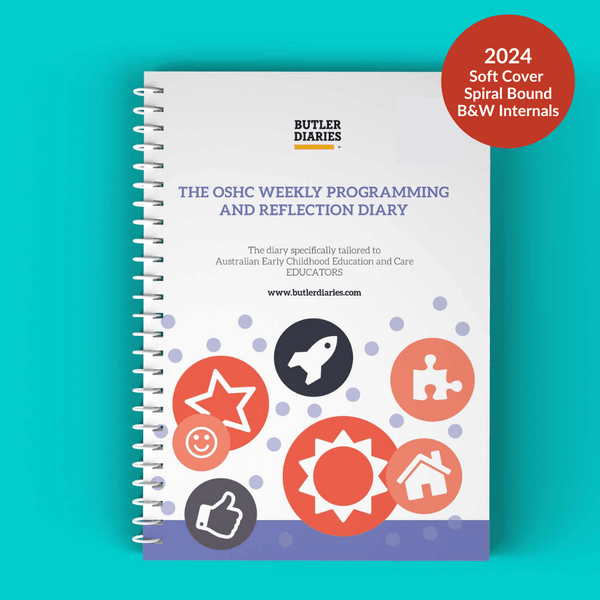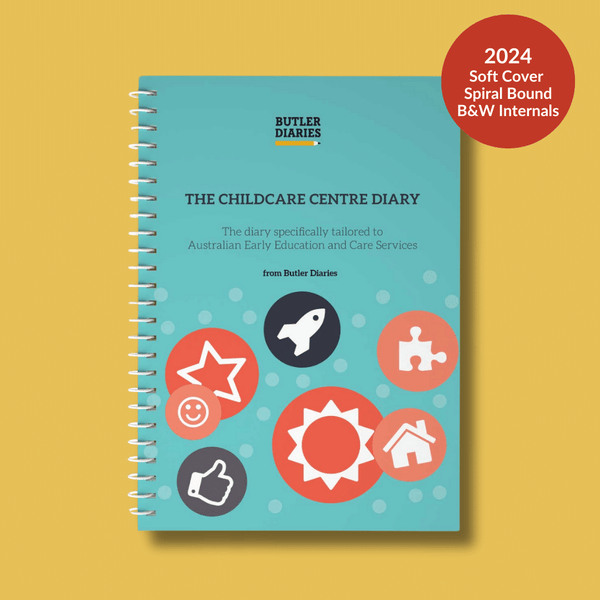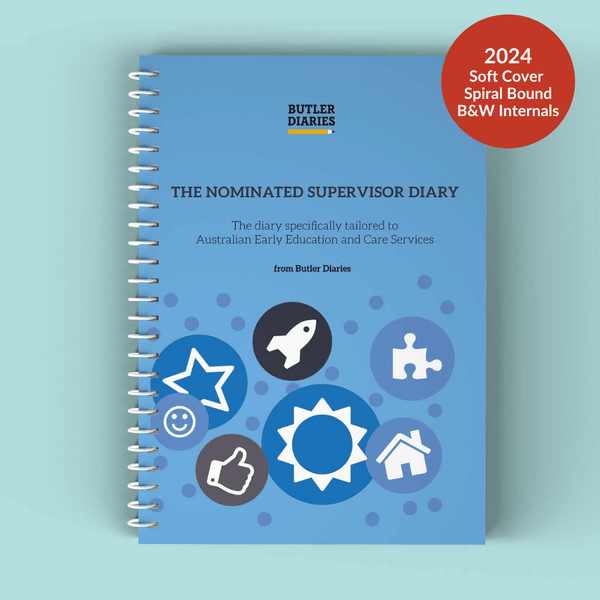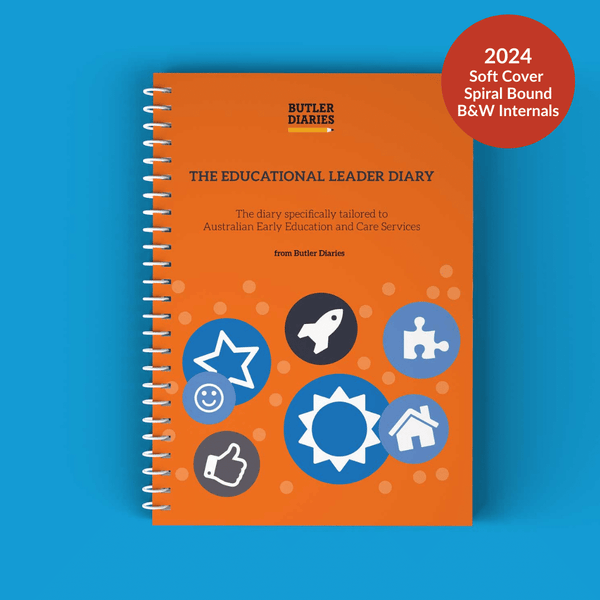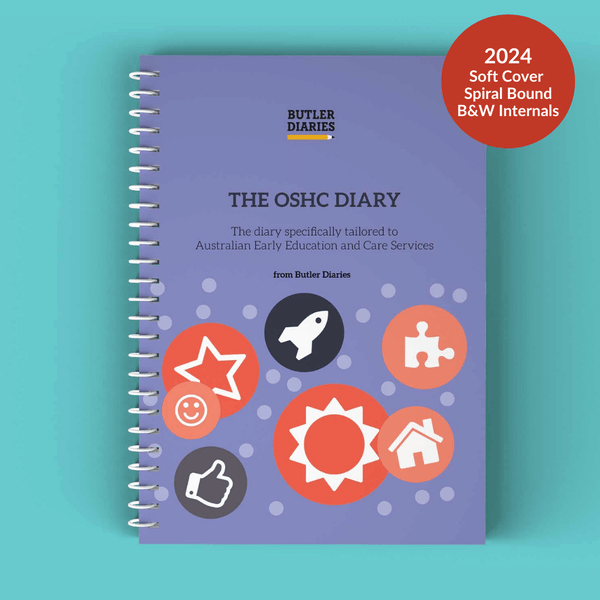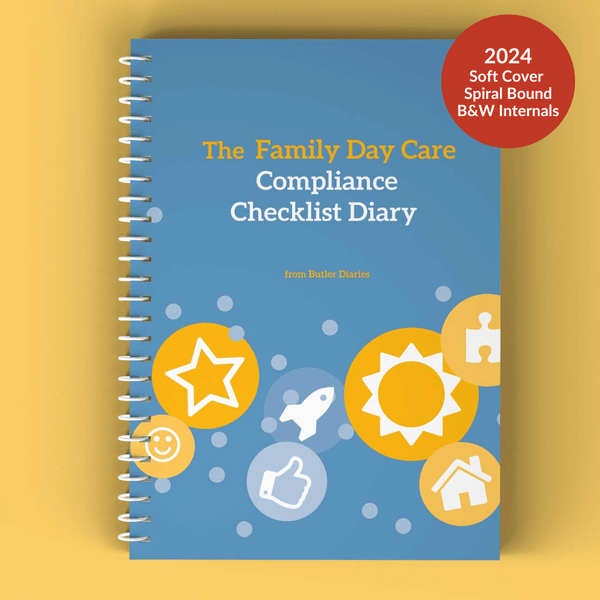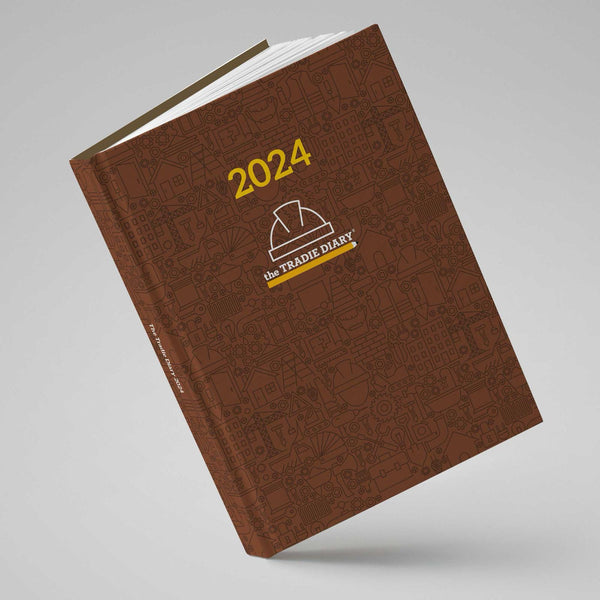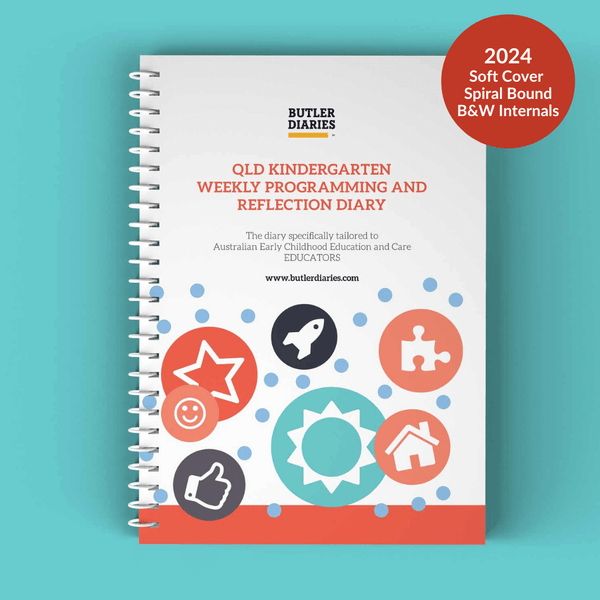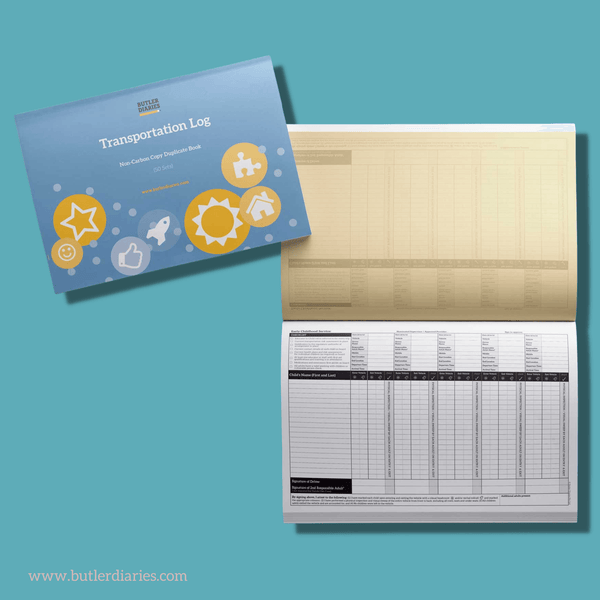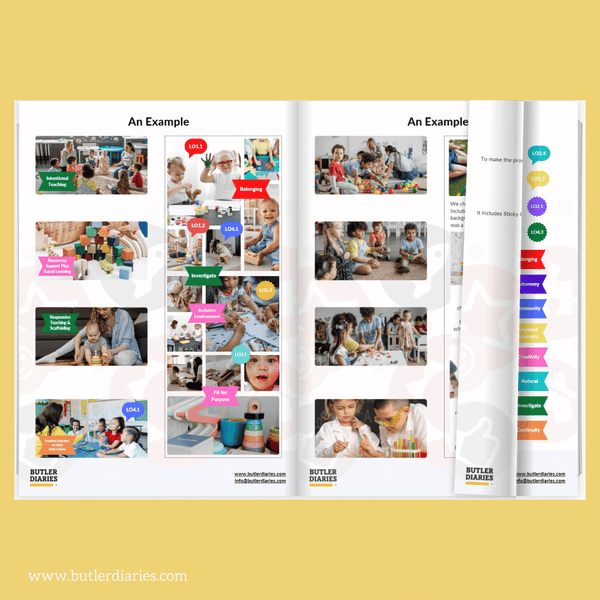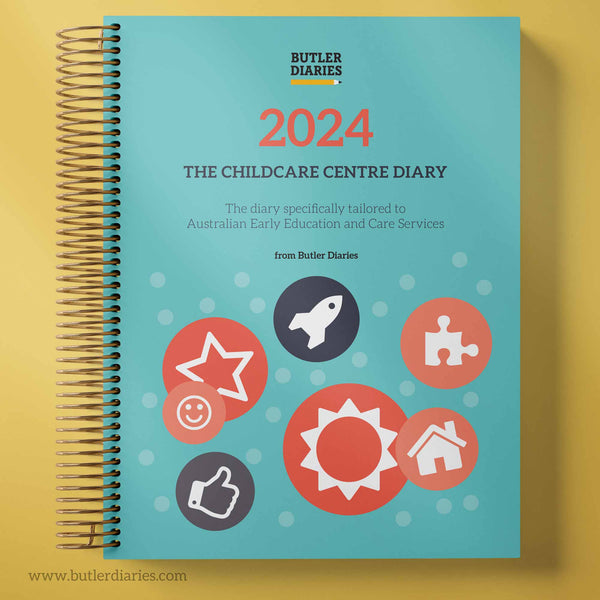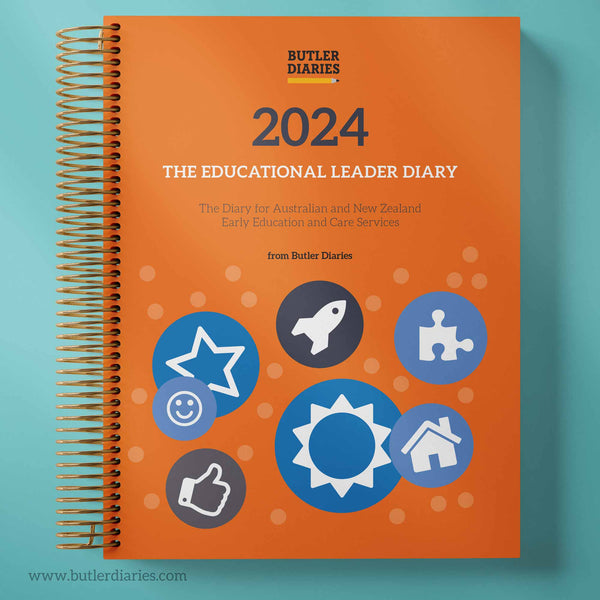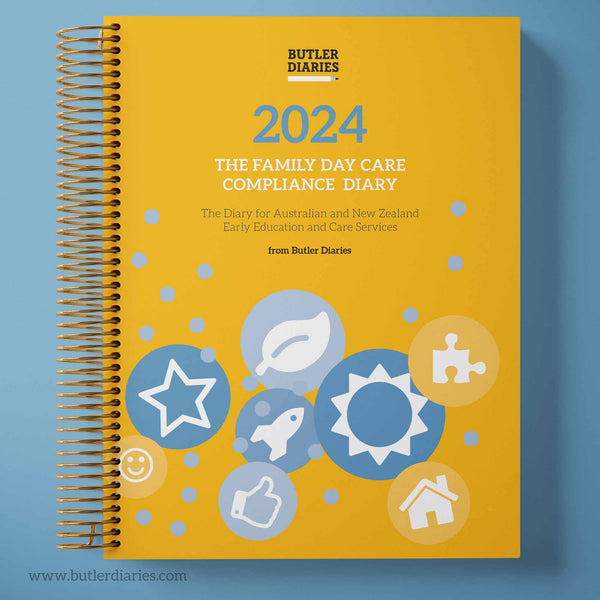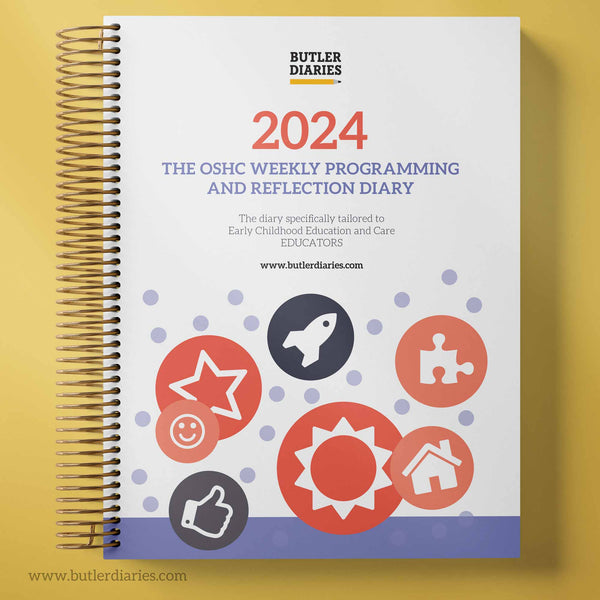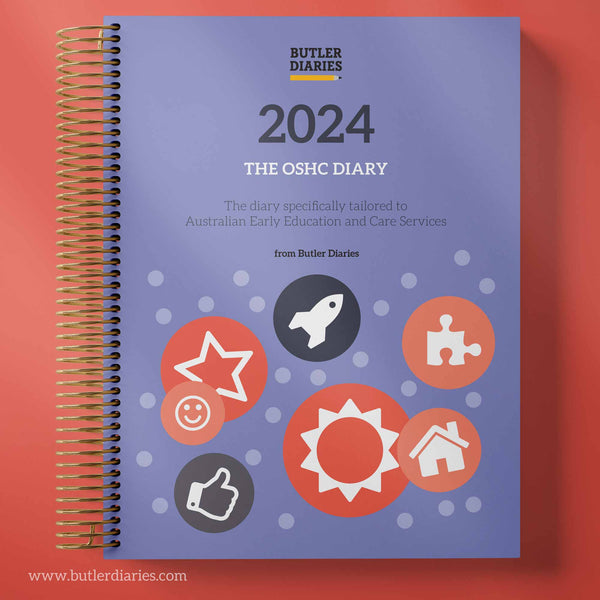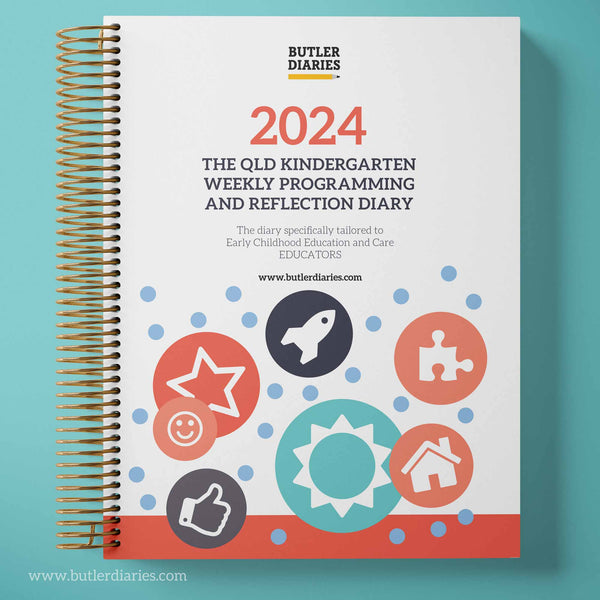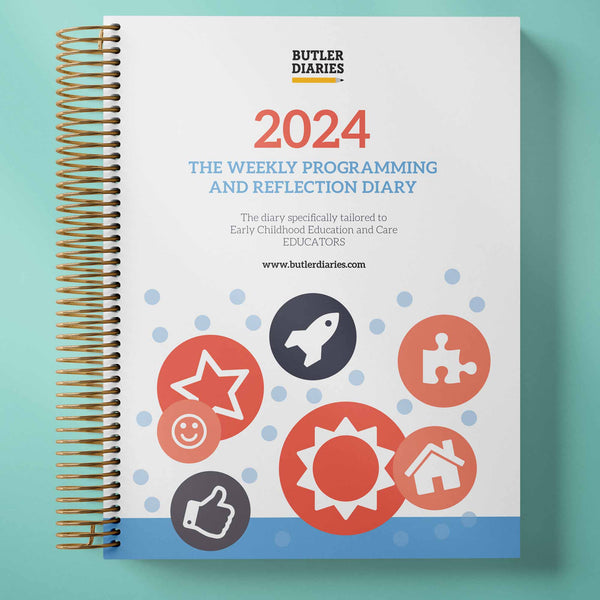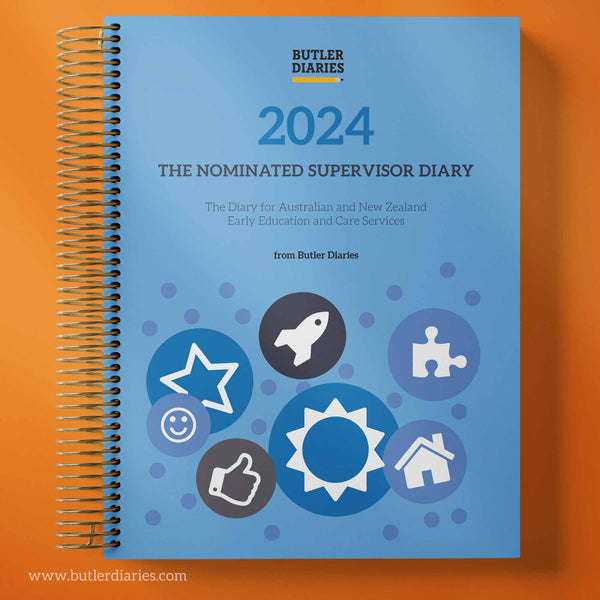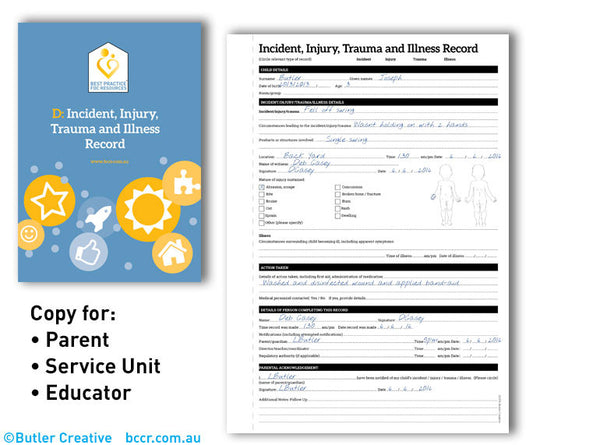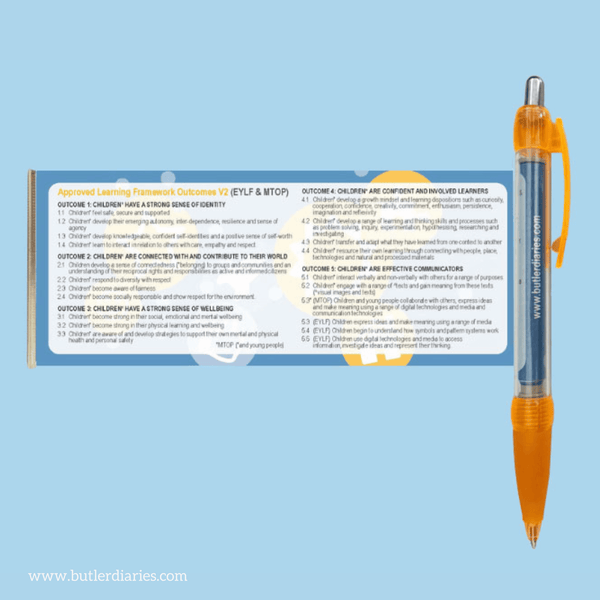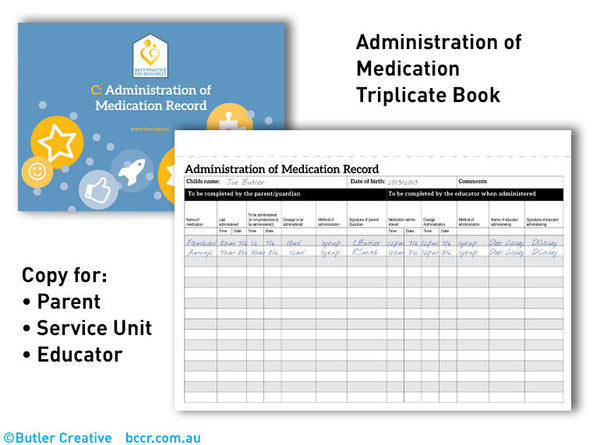-
Positive Reinforcement:
- Description: Focus on praising and rewarding desired behaviours to encourage their repetition.
- Theorist/Research: B.F. Skinner's Operant Conditioning theory supports the idea of using positive reinforcement to shape behaviour.
-
Setting Clear Expectations:
- Description: Clearly communicate rules and expectations to children, ensuring they understand what is expected of them.
- Theorist/Research: Albert Bandura's Social Learning Theory emphasises the importance of clear modelling and instruction in behaviour.
-
Consistency:
- Description: Maintain consistency in expectations to help children understand the expected behaviour.
- Theorist/Research: The work of Lev Vygotsky emphasises the importance of consistency in creating a stable learning environment.
-
Redirecting Behaviour:
- Description: Guide children to more appropriate behaviours by redirecting their attention or providing alternative activities.
- Theorist/Research: Jean Piaget's theory of cognitive development highlights the importance of guiding children's behaviour through appropriate interactions.
-
Encouraging Self-Regulation:
- Description: Teach children self-regulation skills such as identifying emotions and using coping strategies.
- Theorist/Research: The work of Urie Bronfenbrenner's Ecological Systems Theory emphasises the role of the environment in shaping children's self-regulation skills.
-
Positive Classroom Environment:
- Description: Foster a supportive and inclusive classroom environment that promotes positive interactions among children.
- Theorist/Research: Rudolf Dreikurs' theory of democratic discipline emphasises the importance of creating a sense of belonging and community in the classroom.
-
Use of Visual Aids:
- Description: Utilise visual cues and charts to help children understand expectations and track their behaviour.
- Theorist/Research: Research on visual supports in behaviour management aligns with principles of Universal Design for Learning (UDL) advocated by researchers such as David Rose and Anne Meyer.
It's important to note that while these techniques are supported by various theories and research in the field of early childhood education, it's also essential to adapt them to suit the individual needs of each child and classroom environment. Theories can provide a great framework or starting point however one theory or method in itself may not be appropriate for your service, all children and families, and the context.
Additionally, ongoing professional development and reflective practice are key components of effective behaviour management in ECEC settings. Finally, it is always important to consider the underlying context that is contributing to the behaviour. Critical reflection is key to identifying this. Addressing behaviours alone without understanding the context is ineffective and likely to only escalate the situation.
Critical Reflection
As mentioned above, it's crucial for educators to engage in ongoing critical reflection to ensure the effectiveness and appropriateness of their practice in diverse contexts. Here are some points to consider:
-
Cultural Sensitivity: Reflect on how cultural backgrounds and individual differences may influence children's responses to behaviour management techniques. It's important to consider whether certain strategies align with cultural norms and values and if adaptations are necessary to ensure inclusivity and respect for diverse perspectives. You can also consider whether the behaviour you're trying to manage is a cultural behaviour, while different from your own experiences not something that needs correcting.
-
Developmental Appropriateness: Consider the developmental stage and individual needs of each child when implementing behaviour management techniques. Reflect on whether the strategies are developmentally appropriate and whether adjustments are needed to accommodate varying levels of understanding and maturity.
-
Equity and Inclusion: Reflect on whether behaviour management practices promote equity and inclusion within the classroom environment. Consider how these techniques may impact children with diverse abilities, backgrounds, and experiences, and strive to create an environment where all children feel valued and supported.
-
Personal Bias: Reflect on personal biases and assumptions that may influence the selection and implementation of behaviour management techniques. Consider whether certain approaches are based on stereotypes or preconceived notions, and challenge yourself to adopt an open-minded and reflective approach to support all children effectively.
-
Flexibility and Adaptability: Reflect on the flexibility and adaptability of behaviour management strategies to meet the evolving needs of children and the changing dynamics of the classroom environment. Consider whether adjustments are necessary based on ongoing observations and feedback from children, families, and colleagues.
-
Collaboration and Communication: Reflect on the importance of collaboration and communication with colleagues, families, and other stakeholders in implementing behaviour management techniques. Consider how collaboration can enhance consistency and coherence in approach and promote shared understanding and support for children's well-being and development.
-
Continuous Professional Learning: Reflect on the importance of ongoing professional learning and growth in refining behaviour management practices. Consider opportunities for professional development, reflection, and collaboration with peers to deepen understanding and enhance effectiveness in supporting children's social-emotional development and behaviour.
By engaging in critical reflection, educators can continuously evaluate and refine their practice, ensuring that behaviour management techniques are responsive, equitable, and supportive of children's holistic development and wellbeing in Early Childhood Education and Care settings.
Get the Early Childhood Theorists Cheat Sheet

